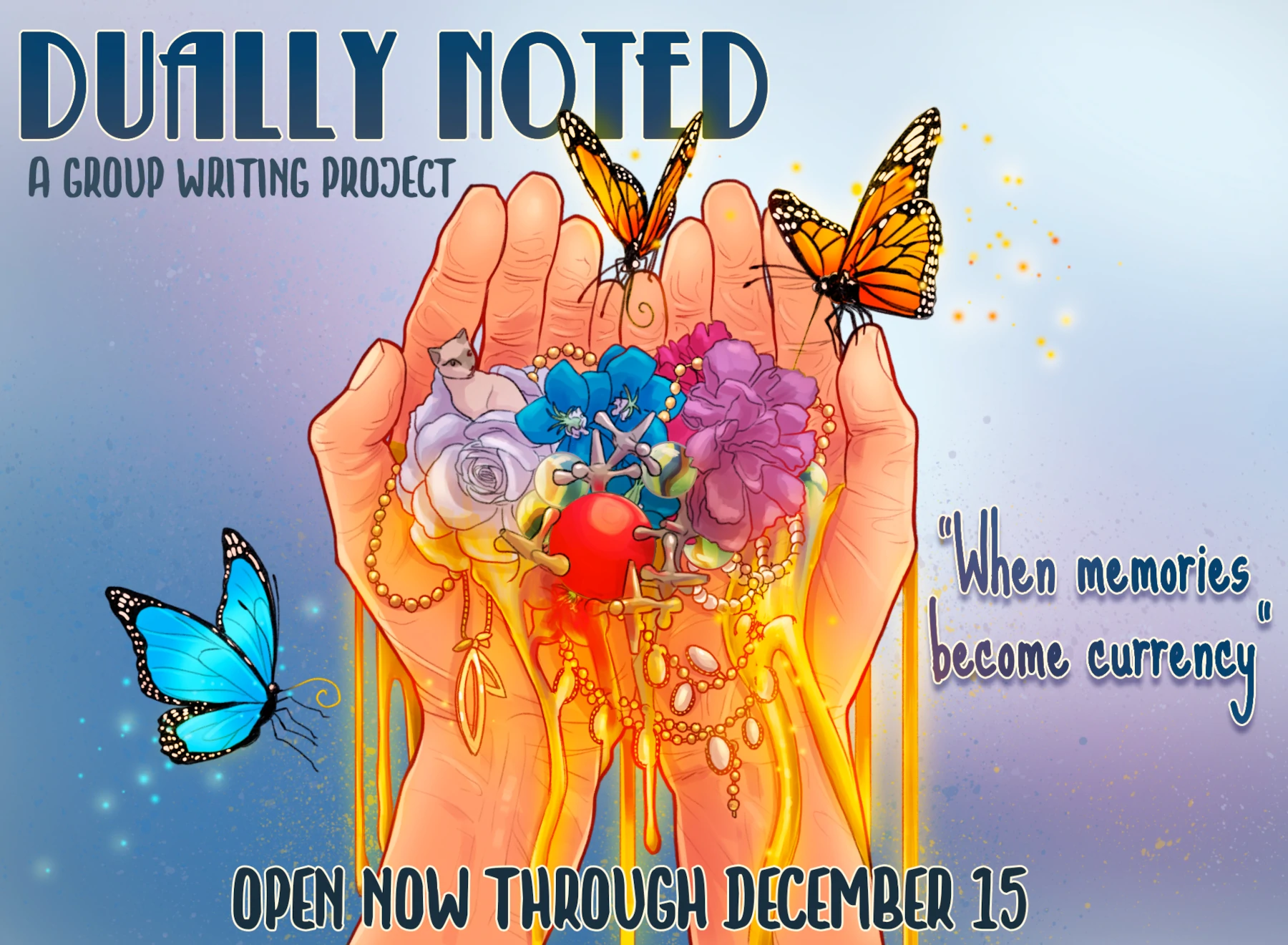
Flight
Just beyond the safety of our village, there was a dense thicket of trees and a mountain so tall they said no one had seen the top of it. Of course, no one had really tried. Only a few kids dared to come close to the forest’s edge. Most gave up, but I’d been coming here for years.
My last day was like any other. I dipped underneath an archway of branches that led to a winding path. Cocoa chirped on my shoulder when his head got a little too close to a thorny limb.
“You know you could just fly over the trees,” I said, but I didn’t actually mind.
He hopped back and forth as I walked, singing to himself. The only other noise was the rustle of leaves swept up by the breeze. No other birds sung with Cocoa, and no critters scurried by. There weren’t even buzzing bugs whizzing by my ear. Only the oaks hummed. I felt the quiet that today, as always, but I didn’t hesitate on my way forward.
Cocoa sung and the leaves shuttered until I came to our spot, a pond lit up by golden rays of sunlight. Beneath the water’s shimmering surface, moss grew in miniature mountains and valleys. They created a lush village for the fish below. It was so clear I could see how each school and family moved in and away from each other. But there was one dark spot some yards away from its edge. There, the water turned like a lazy whirlpool, circling something unseen.
“I asked the Seer if she’d ever heard of a pond like this,” I said to Cocoa. With one flap of his wings, he landed beside me. He didn’t move as I took off my shoes and socks.
“She said she heard of a pond with a creature that would give you whatever you wished for,” I stepped one foot into the cool water, wincing as I broke its apparent streak of purity.
“For a price,” I remembered before delving into the deep.
The pond released bubbles all around me as I swam, fizzling like sparkling wine. It was only still by the dark figure who sat comfortably beside a pack of fluttering fish. She smiled when I came to her and, while I couldn’t open my lips, she heard me speak.
“What do you wish for?” she asked
Freedom.
“It will cost you.”
I floated up to the edge of a lovely pond, feeling light despite the way the water tugged on my clothes. A little sparrow the color of oak and almond watched me swim and sang a song that sounded almost familiar. For some reason I couldn’t know, I felt a great untamable grief.